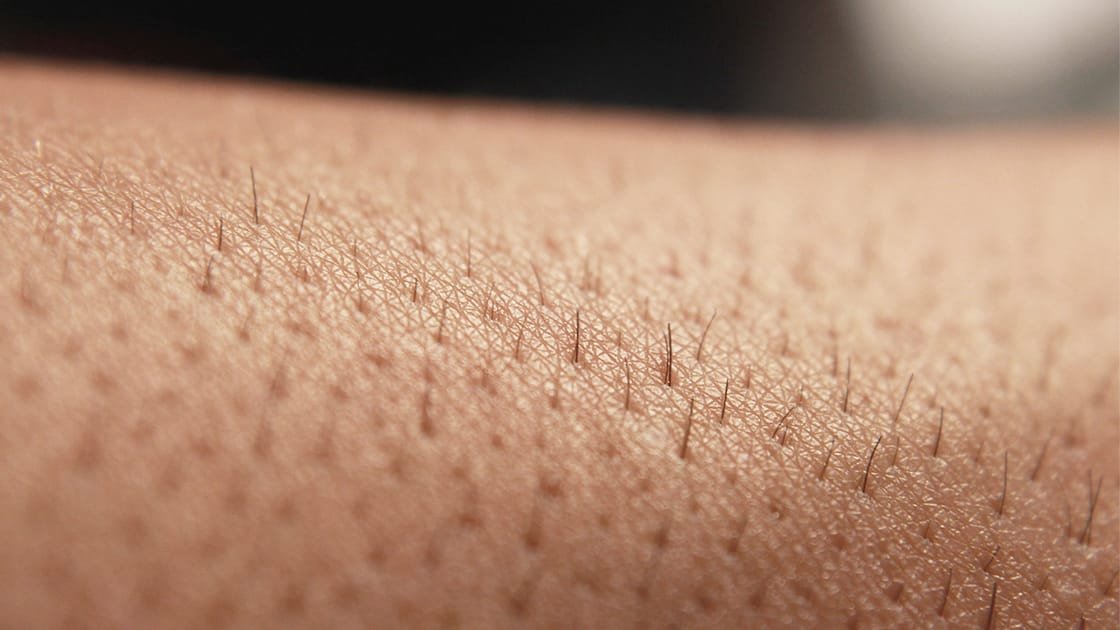Introduction: The Truth About Laser Hair Removal and Regrowth
Laser hair removal is a popular and effective treatment for reducing unwanted hair. However, many people wonder what happens if they stop the treatment midway. Will the hair grow back? This is an important question for anyone considering laser hair removal, as understanding the regrowth process can help set realistic expectations. In this blog, we’ll explore the science behind laser hair removal, how it impacts hair follicles, and whether stopping treatment leads to hair regrowth.
How Laser Hair Removal Works: Targeting the Hair Follicles
Laser hair removal is designed to damage hair follicles using concentrated light beams, which are absorbed by the pigment (melanin) in the hair. This process inhibits the follicle’s ability to grow hair, leading to long-term hair reduction.
The laser targets hair during its active growth phase, called the anagen phase, when the follicle is most receptive to the energy. It works by heating the follicle, disrupting its ability to grow hair. The result is a significant reduction in hair growth over several sessions.
However, it’s important to note that hair grows in cycles, and not all hair is actively growing at the same time. Multiple sessions are required to ensure that each follicle is targeted during the right phase of its growth cycle.
Will Hair Grow Back If You Stop Laser Treatment?
If you stop laser hair removal treatments before completing the recommended sessions, there’s a possibility that some hair may eventually grow back. Here’s why:
- Incomplete Follicle Damage: Laser treatments target hair follicles, but they don’t always destroy them entirely in one session. Some follicles may survive or partially regenerate if they weren’t treated during their active growth phase.
- Hair Regrowth Cycle: Because hair grows in cycles, some hair may enter the growth phase after treatment. If you stop your sessions prematurely, this new hair growth will not be inhibited, leading to potential regrowth.
- Latent Follicles: Laser hair removal only targets the follicles actively producing hair at the time of treatment. Latent follicles that aren’t currently growing hair are unaffected and may become active later, leading to new hair growth.
However, it’s important to note that even if hair grows back, it will typically be finer and lighter than before. The laser damages the follicle to the point where it’s not as strong as it was prior to the treatment, and this effect lasts for a long time.
Why Hair Doesn’t Always Grow Back Immediately After Stopping Treatment
One reason hair doesn’t immediately grow back after you stop treatment is the timing. Most people experience some hair shedding after a session, as the treated follicles may take weeks or even months to expel the damaged hair. However, this doesn’t mean the follicle has been permanently destroyed. It’s simply the body’s natural process of shedding the hair that was affected by the laser.
The reduction in hair growth typically lasts several months. If treatment is stopped before reaching the full series of sessions, regrowth might begin after a few months, but it will often be slower and less dense than the original hair.
The Importance of Completing the Treatment Plan
To achieve the most effective and lasting results, it’s essential to complete the full course of laser hair removal sessions. Most patients require between 6 to 8 treatments spaced several weeks apart to ensure all hair follicles are effectively targeted. This ensures that the maximum number of follicles are in the growth phase during each session, leading to permanent hair reduction. While some people might see satisfactory results after a few sessions, it’s recommended to finish the full course to reduce the likelihood of regrowth.
Can You Expect Permanent Results?
Laser hair removal can provide long-lasting results, and in many cases, it can be permanent after the full treatment course. However, some factors may influence long-term results, such as hormone imbalances or genetics, which can sometimes cause hair to regrow even after successful treatments. In some cases, individuals may require maintenance sessions every 1–2 years to keep their results in check. Maintenance sessions help address any new hair growth that may appear over time.
Conclusion: Is Stopping Treatment a Setback?
If you stop laser hair removal treatments before completing the full course, some hair may regrow over time. This is because the follicles weren’t fully treated, and new hair can grow from remaining or dormant follicles. For the best and most permanent results, it’s essential to finish the entire treatment plan. Even if you stop early, you might still see thinner regrowth and reduced hair density. However, these effects are most noticeable when you complete all sessions. If you’ve finished your treatments and are considering stopping, consult a professional about the best options for long-term results.








